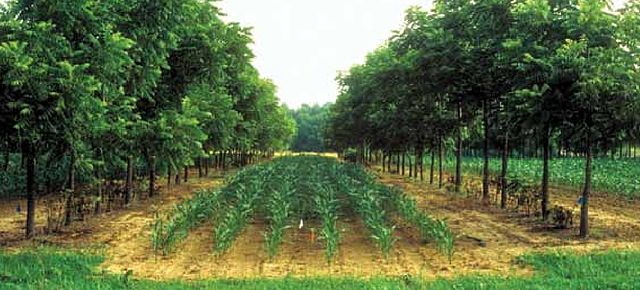-

If you are looking for simple fact sheets on how El Niño will affect your area or other regions around the country, including US territories, NOAA has collected a series of links to fact sheets at https://www.ncdc.noaa.gov/news/regional-el-nino-impacts-outlooks-assessments. There are also some links to other El Niño information at this site.
-

If you have a hard time visualizing the age of the Earth and human history, you might enjoy watching this 3-minute video showing an animated timeline of the Earth’s history, including the development of the atmosphere and life. You can see it at Business Insider athttps://www.businessinsider.com/animated-timeline-earth-history-2015-11.
-

The Climate Prediction Center posted its latest outlook maps yesterday for December and December through February. The maps are shown below. To interpret these maps, you need to know that the probabilities start out with an equal chance of below normal (33.3%) or lowest third of all values, above normal (33.3%) or upper third of…
-

As reported by KNOE.com in New Orleans, the Louisiana State University AgCenter recently released a study showing the benefits that farmers may accrue by combining forestry with growing crops. This technique, also called “alley cropping” or “forest farming”, allows farmers to manage the lands for growing crops like corn or switchgrass within a tree lot…
-

The State Climate Office of North Carolina published a blog article today describing winter weather in the years when climatological conditions, particularly with respect to El Niño, were similar to this year. Analog forecasting can give us clues to what to expect for this coming winter, although of course each winter has its own mix…
-

In the conference I’m attending today, one of the speakers presented PDSI data derived from tree rings going back to about 400 AD. It is presented as a series of grid points across North America. If you are interested in a longer-term perspective on climate that goes back farther than the instrumental records, you might…
-

After yesterday’s announcement that the Japan Meteorological Agency had determined that according to their data that October was the warmest on record, it should come as no surprise that NOAA has also measured the highest temperature since their records started in 1880 for both October and for the year to date, breaking the previous records…